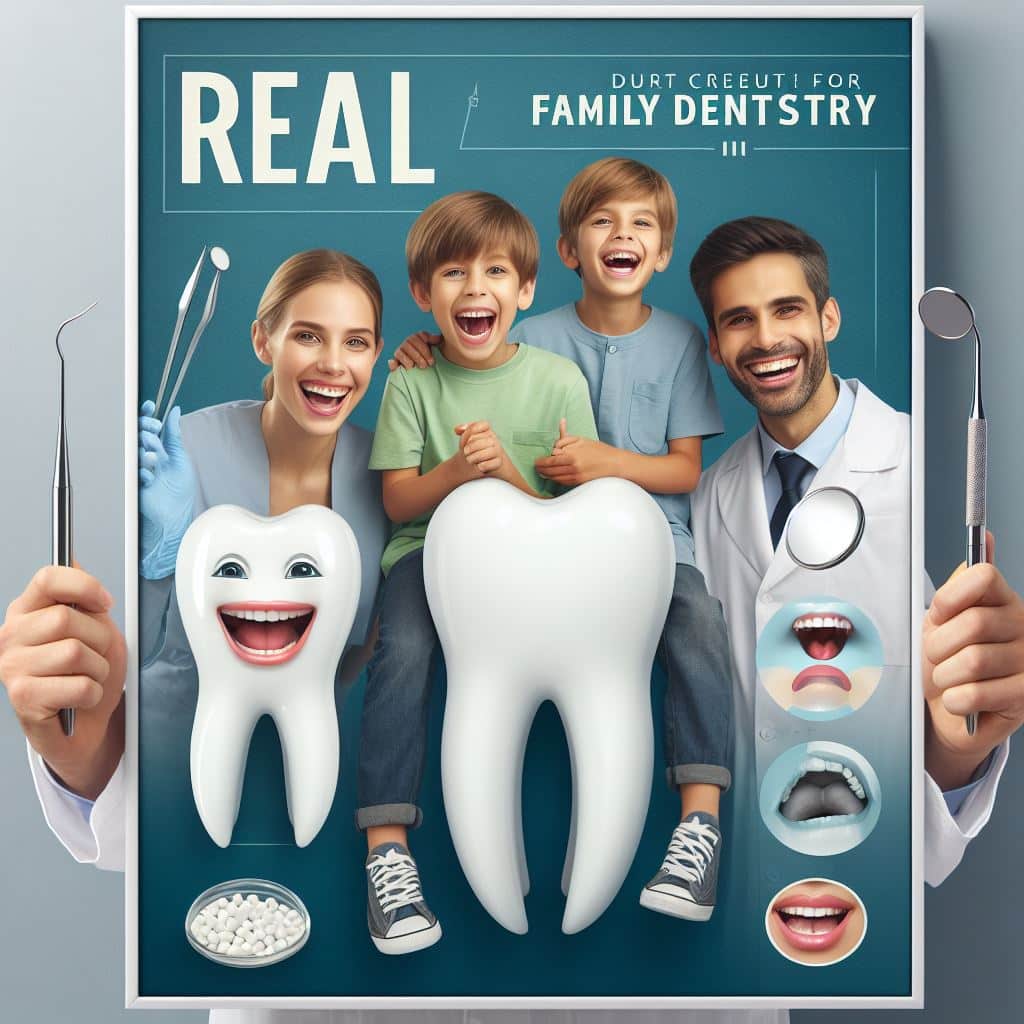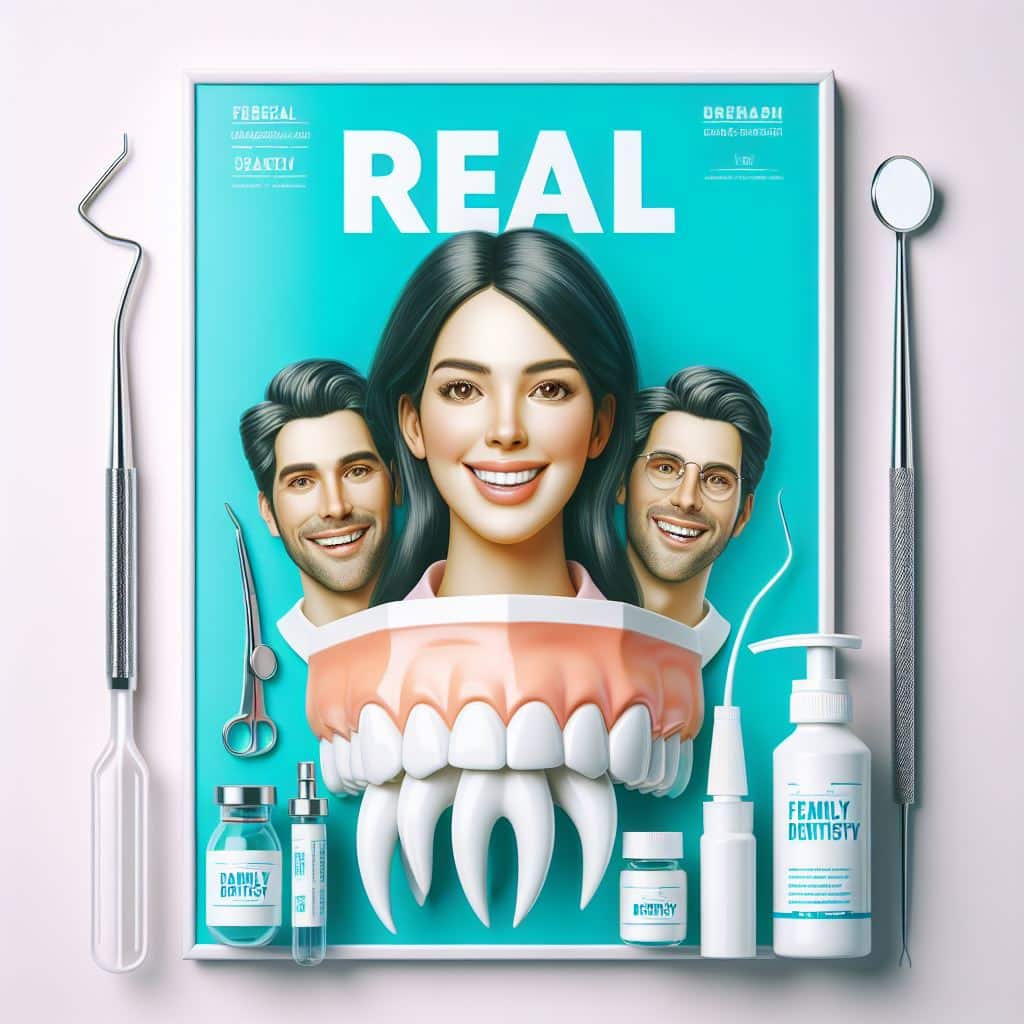TMJ Treatment
Expert Diagnosis
TMJ/TMD specialists are trained to accurately diagnose temporomandibular joint (TMJ) disorders and related conditions through thorough evaluation and diagnostic tests.
Multidisciplinary Approach
TMJ/TMD specialists often collaborate with other healthcare professionals such as dentists, orthodontists, physical therapists, and pain management…
ALWAYS THERE FOR YOU
Mauris commodo lacinia nisi a fermentum. Donec risus magna, fringilla laoreet ullamcorper in, lobortis semper enim.
Customized Treatment Plans
They develop personalized treatment plans tailored to each patient’s specific symptoms, severity, and underlying causes of TMJ/TMD.
Pain Management
TMJ specialists offer treatments like medications, oral devices, therapy, and sometimes surgery for TMJ-related pain.
Patient Education
They educate patients on TMJ/TMD, advising on self-care, lifestyle changes, and preventive measures for symptom management and better jaw health.
TMJ and TMD Specialist
Providing TMJ & TMD Relief Throughout San Diego
When someone experiences severe chronic facial pain + ear pain, or neck pain, this may occur; as a result, Temporomandibular Disorder can also be called TMD. TMJ is an abbreviation for temporomandibular joints this connects the lower jawbone to your skull. As we speak, chew, bite, swallow and yawn we put the joint through a lot of use all the day. Pain around and within these joints can make someone uncomfortable, and level of movement may be limited. You could suffer excessive pain, but with neuromuscular dentistry, Dr. Korel takes a proactive approach to TMJ treatment. The aim is to decrease the pain in the next possible period, afterward find out the cause of pain so that relief can be permanently made.
WHAT ARE TMJ SYNDROME SYMPTOMS AND SIGNS?
The neck or shoulders may be affected due to the pain in the facial muscles and jaw joints. When joints become overstretched, and muscle spasms can occur. The pain may occur with talking, chewing, or yawning. Pain usually appears in the joint itself, in front of the ear, or it may move elsewhere on the face, scalp or jaw and lead to headaches, dizziness, and even symptoms of migraines. TMJ syndrome can lead to ear pain, ringing in the ears (tinnitus), and loss of hearing. At times when people have TMJ pain mistake it for an ear infection, though the ear is not the problem at all.
A sound is produced as the joint move which includes clicking, popping or grating. This means that the disc may be positioned abnormally. No treatment is required if the pain is not caused the sound. The affected part of the face and mouth may look swollen.
The jaw might not entirely be opened at all or maybe lock in a fully open position which indicates that it is dislocated. The lower jaw might also deviate to one side, upon the opening. Favoring one painful side or the other by opening the jaw may be experienced by some victims. Sudden changes may occur. The bite may feel unusual, and the teeth may not fit properly together. Muscle spasms related to TMJ syndrome may lead to swallowing difficulties. Also, TMJ syndrome can result in pounding headache and dizziness, potentially leading to nausea and constant vomiting.

What Causes TMJ syndrome?
Trauma: Trauma is categorized into microtrauma and microtrauma. Microtrauma occurs at the innermost part of the jaw, including effects such as bruxism (grinding the teeth) and jaw tightening (clenching). The alignment of the teeth can be altered due to constant pounding on the temporomandibular joint. Membranes around the joint could be inflamed once the muscles are involved. People whom give reports of pain in a temporomandibular joint or have facial pain that includes the muscles involvement while chewing (myofascial pain) are correctly diagnosed of their teeth grinding and clenching habits. Microtrauma, the jawbone can be broken when something terrible takes place such may be a punch towards the jaw or huge effect in an accident may lead to dislocation of the TMJ, or damage the cartilage disc of the joint.
Bruxism: Bruxism also known as teeth grinding, is a habit that can cause involuntary muscular contraction and inflammatory reaction that can cause the initial pain. Temporomandibular joint changes may occur due to changes in average stimuli or teeth height, improperly arranged teeth, and use of chewing muscles repeatedly. Occasionally, someone who has attained the habit of grinding his or her teeth will do so while even at sleep. In other situations, you may disturb people around you as grinding may be so loud.
Clenching: Someone whom continuously squeezes or bites on things while awake with his/her. Some people are quite used to chewing or biting their gums, a pen or pencil, most often their fingernails. The causes of the pain are due to the continual hammering on the joint. The tension in the jaw occurs as a result of stress leading to a clenched jaw.
Osteoarthritis: Jaw joint tends arthritic changes just like any other joints in the body. These changes set in as a result of joint malfunction (breakdown) or the general wear and tear of natural aging in people that are older. There is a hindrance to the formation of new bones and slow loss of the cartilage’s productivity because of chronic broke down the joint disease.
Rheumatoid arthritis: Rheumatoid arthritis is a primary autoimmune disease. In this case, the joints are inflamed and cause an impact on the TMJ. The diseases constantly damages of cartilage, erode bone and eventually leads a deformed joint as it progresses. Several diseases are generated in a variety of organs which are characterized by retained inflamed joint. Particularly this impacts the TMJ in children young kids. Other causes of TMJ syndrome include infection of the joint, cancer, and bone deformity that occurs at birth.

Treatment Options
SURGERY
There are many other best treatments for TMJ in El Cajon for treating TMJ syndrome; surgery is not always the first choice treatment. The use of a needle to clean and spray the joint is entailed in Arthrocentesis. TMJ specialist dentist might induce local anesthetic or steroid into the joint as the procedure is performed. When there is suspicion of an internal problem with the TMJ, an Arthroscopy operation is carried out. It does need the use of anesthesia and has a tremendous success rate in reducing the pain.
PHYSICAL THERAPY
You may be referred for physical treatment if you have recurrent or chronic TMJ syndrome.
The TMJ specialist dentist can help restore the movement of the joint, enhance muscle strength, and relieve pain.
OTHER TREATMENTS
A variety of different treatments are also available for chronic TMJ syndrome and includes friction massage, transcutaneous electrical nerve stimulation (TENS), and cognitive behavioral treatment.
The National Institute of Dental and Craniofacial Research (NIDCR) suggests that if surgery is to be performed, you need to find other independent opinions before commencing. Professionals recommend the most conservative and reversible treatment possible.NIDCR advises that treatments which are irreversible have may potentially worsen the condition as they are yet to be proven effective.
WITH YOUR DOCTOR
Suspendisse venenatis erat et sem egestas, sit amet luctus urna aliquet. Suspendisse cursus efficitur justo. Nam pulvinar sagittis lacus, varius scelerisque nisl pellentesque nec.
Select your preferred service and book a dentist visit in minutes. We’ll remind you of your appointment by SMS
WORKING HOURS
CONTACT DETAILS

At Korel Family Dentistry in San Diego, CA we believe a beautiful smile reflects your well-being and confidence. Our dedicated team provides tailored care for your needs, ensuring a healthy and dream smile. From routine to cosmetic treatments, our state-of-the-art facilities and compassionate approach guarantee outstanding results. Schedule your appointment today for a brighter smile!
Website Links
The information on this website is for general information purposes only. Nothing on this site should be taken as medical advice for any individual case or situation. This information is not intended to create, and receipt or viewing does not constitute, a doctor-patient relationship. Website Crafted with Love and Coffee by SandiWeb® : Web Development and Marketing Solutions. ©1998 – 2024. Korel Family Dentistry All Rights Reserved.


